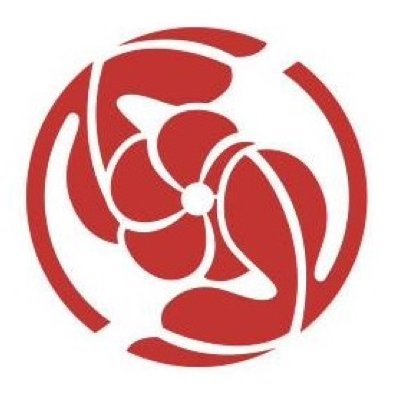CHILLICOTHE, Ohio — A recent incident at Adena Health System has intensified scrutiny of its cardiology department. A 65-year-old woman died during what should have been a routine heart catheterization, leading to pressing questions about the practices and credentials of the physicians involved. What happened after her time of death is concerning.



I just want to point out of all the things here this is the least alarming, although context is key. Trust me when I say your medical professionals are googling and YouTubing all kinds of shit. I’ve watched doctors google procedures before attempting them, especially if it’s a rare procedure. YouTube actually has hundreds of hours of manufacturer hosted content designed specifically for this. Now again context is key. They say someone died after they attempted the thing they were searching. That’s def a problem especially if it were some procedure they should be fully competent to perform.
If your mechanic is googling how to change some obscure part on a car he rarely works on, mmmm that’s reasonable. If your mechanic is googling ‘how to turn on windshield wiper Toyota Camry’ we got problems.
I remember sitting at the nurses station one day and someone asked the ER doc if she was familiar with this extremely rare genetic disorder. She goes ‘how dare you ask me that question I am a MEDICAL DOCTOR.’ There was a bit of a pause and she goes ‘ haha just kidding I have no idea but I’m gonna look it up’ .
This. Knowledgeable professionals “google” things all the time.
If you need an unusual procedure, would you prefer your surgeon googled it to find a video of some prof explaining it, or a surgeon that just tries to remember.
As a programmer, I have made a career from being one step ahead, thanks to Google. I don’t bother with formal training courses anymore, when a quick skim of Google gives me what I need much quicker. Text books? I have not bought one in decades.
Tears for your career when someday you search some obscure code in a language you don’t regularly use and it comes back with only ads for a paid sub for a high powered coding AI.
I’m speechless. Just surprised someone would actually say that.
I am the same way. Taught myself c#,Unity, Blender, Gimp, Audacity and more and made a top rated VR app in a 3 year period. Now I still the these resources, plus several AI’s. Love how accessible information and knowledge is becoming.
Especially since medical science has almost certainly advanced since their days in medical school, and it’s absolutely impossible to keep up with all the new discoveries, medications and procedures.
I dated a doctor and he told me they’re googling stuff all the time. It’s a bit unreasonable to expect a doctor to have an encyclopedic knowledge of every single malady known to the human race.
But House…
/s
They also have access to more reputable sources like UpToDate and PubMed when they need to look stuff up.
Absolutely true but when it comes to certain procedures that use specific pieces of equipment you often have to use manufacturers content as guidance. There’s also a lot lot of content online for different techniques and approaches to care that might not be accessible otherwise.
I’m not a doctor but jump on uptodate any chance I can. But I frequently use trusted resources on sites like YouTube for broader topics for refreshers or if it’s a particular skill I’m working on and the source is trusted.
Again there’s a huge jump from doing a bit of refreshing and say, popping a YouTube video on for a serious procedure and then going yolo without the proper training to actually do it.
I have a rare nerve disorder and I’m always impressed when doctors know what it is. I can tell when they know too, because their reaction is usually, “Oh! Oh.” And then the pity starts and I have to tell them to snap out of it.
I don’t think we need to pivot to mechanics vs. doctors.
We can stay on subject without resorting to analogies that are never a 1:1 representation of the situation at hand.
What do you mean? It’s perhaps the most apt analogy I can think of. In the strictest literal sense, physiological care is a flesh mechanic servicing your flesh parts. The main difference here is a matter of scope, but that is the point of analogies; to reframe a thought in a smaller and comprehensible way.
Only way we could stay 1:1 is if the discussion is solely populated with qualified medical professionals and not a mix of differently educated laypeople.
Laypeople is the time-honored term unless you’re specifically referring to men. Although in certain religious contexts, “the laity” is preferred.
Laypeople is a very new term. Layman is the time honored term, because people think -man means male. Werelay and wyflay would be gendered terms specifically referring to men or women, layman is ungendered.
In recent times we’ve changed the meaning of the suffix -man to be synonymous with the prefix were-.
It’s a shame, because it implies we were something we weren’t (re: sexism in that part of language) - but I am not defending the stance of not changing it. Just be aware: it’s new.
In the UCC it’s been around since the 1960s. So have I, and I’m old.
Yes, new.
I absolutely agree, thank you for the spot check. Old dog got stuck in muscle memory before coffee. Editing.